The UN’s World Happiness Report, published on Wednesday, placed Denmark second on its national happiness ranking for the third consecutive year.
Denmark must be doing something right to rank so consistently highly on the report, but how does the index reflect everyday life?
We previously spoked to an analyst at the Happiness Research Institute about what the results mean, and asked our readers to share their experiences and thoughts as foreign residents of Denmark.
READ ALSO: ‘The state takes care of you’: Why Denmark is such a ‘happy’ country
Below is a selection of the survey responses we received from our readers. Thank you to all those who took time to get in touch.
In the survey, we asked what you consider ‘happiness’ to mean in the terms of everyday life in a country, what might make Denmark score well on the Happiness Report and whether Denmark does indeed come across as a ‘happy’ place.
“Happiness is an overall inner feeling of contentment,” began Greg, who moved to Denmark from Ireland over 30 years ago. Greg explained he moved to Denmark after marrying a Dane who sadly later died of cancer, but is still based in Roskilde part of the year.
‘Social system and services’
“Much about Danish life is comfortable,” said Greg, who moved to Denmark from Ireland over 30 years ago.
He praised Denmark for its “good work-life balance and generally fair social system and services”, but said he felt “the latter has declined in recent years as politics has moved to the right”. Nevertheless, these things promote a sense of happiness he says.
Greg moved to Denmark after marrying a Dane who sadly later died of cancer, but is still based in Roskilde part of the year.
“Mostly now for me it is great memories of my wife who was a true Roskilde girl,” he said.
Richard from the UK, who moved to Copenhagen for work, said that “low expectations for happiness” might be to thank for Danes giving high scores on the World Happiness Report surveys.
“Perceived equality” in Denmark may contribute to Danes considering themselves to be happy, he said.
‘Denmark provides comfort and security’
Another reader, Drew from the United States who moved to Denmark last year, praised the country for being a “very well designed place to live in that has a good culture that promotes happiness”.
“It seems like it is a place where people are meant to live, not a place where people just happen to,” Drew wrote.
They also said they felt Danes came across as “genuinely nice”, which could be a way in which happiness manifests itself in everyday life. “This is less clear, and I think something that I’ll know more about as I live longer here,” they added.
For Drew, happiness “is two things — comfort and security in my daily life, and a sense of purpose and exploration in the broader scheme of things.”
“Denmark is providing both,” they said.
Deepak from India has lived in Denmark since 2008 and works in healthcare. He listed ten different aspects of life which he said represented happiness for him. They include: time to spend with family, equality including at work, free speech, lack of corruption, low poverty, no racism, a strong legal system, progressive taxation system, free medical care, and free schooling.
“I feel very happy to be in Denmark,” Deepak wrote after listing all of these factors.
Interestingly, a number of them were also mentioned by Catarina Lachmund, Senior Analyst at the Happiness Research Institute, when The Local asked her why Denmark ranks highly on the annual report.
Deepak also praised Denmark for “politeness, honesty, thinking about others, humanity, respect [for the] law” as strengths in comparison to other countries he has lived in in the past.
‘Everyone is treated equal’
Danish happiness comes across in everyday life because “you feel happy by going to work because everyone is treated equal,” he said.
Not every reader who responded to our survey said they found Denmark and Danes to be outwardly happy.
Carl from Switzerland, who has lived in Copenhagen for three years with his Danish partner, who is now expecting a daughter, said there is more focus on work in Switzerland but more focus on social life in the Netherlands compared to Denmark, but that there was no “particular” sign that Denmark was a happy country in terms of everyday life.
But the country scores well because “work life balance is great, and a lighter/more efficient work life is accepted by society,” he suggested.
‘Grey weather makes me depressed’
“I’m happy living here although the winters are hard and I try to make us escape to my home country or abroad between October and March as long as possible,” Carl said.
“The grey weather makes me depressed,” he said.
Betha from Indonesia said she “moved to Denmark (Copenhagen) from Indonesia 17 years ago for work and have been living here since then.”
She said she felt that there were everyday signs that Denmark perceives itself to be a happy country.
“Despite the grumbles over the weather and the amount of tax we have to pay, I think people who live here feel generally happy,” she said.
“Happiness to me means, in general, being able to enjoy the daily practical life with ease, stability (economic, political) and safety,” she added.
‘Not an easy country to make friends in’
“I will say that Denmark is top notch if we talk about work-life balance and quality of life, and in those areas Denmark is really great and comes on top,” said Sam, who has lived in the country for work for eight years.
“However, it’s not an easy country to mingle and make friends around. People have an on and off button to keep a relation so if you don’t have friends here, these countries are not for you,” he continued, adding that “winters are long and stress just comes around being alone”.
He expressed scepticism about the way the World Happiness Report is compiled.
“In Denmark happiness metrics are more about quality of life instead about whether someone is emotionally happy,” he said.
Carolina, a reader from South America who moved to Copenhagen from work, said that Denmark scores highly on the UN ranking because “the criteria covers social welfare, not happiness, which is extremely subjective.” She was not the only person to express this opinion.
But Priyamvada, who has lived in Aarhus and Copenhagen and works in IT, said that “Denmark taught me a new meaning of happiness”.
Priyamvada moved to the Nordic country from India five years ago.
“Happiness in India is mostly materialistic. You need to have everything grand and larger than life in order to be happy. Even if you do so, you can’t be guaranteed happiness as you might be financially broke and emotionally exhausted at the end,” she explained.
“Happiness in Denmark is all about the little things,” she said.
These could be “celebrating a flower blossom in the spring” or “hygge time with friends and family during the winters”, she said.
“But above all, I feel happy living in Denmark because I have an excellent work life balance. I have time for myself ant the end of the day,” Priyamvada said.

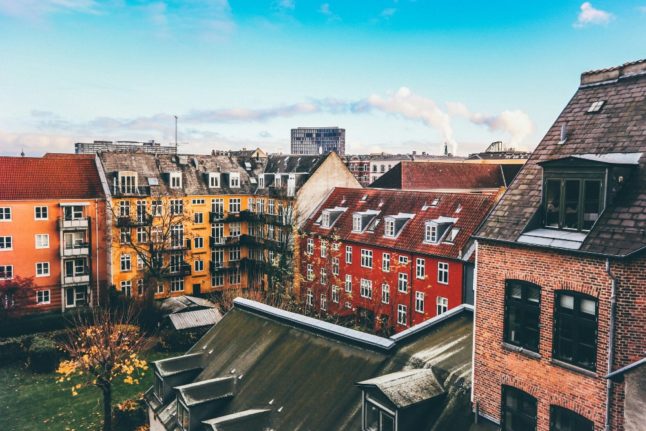
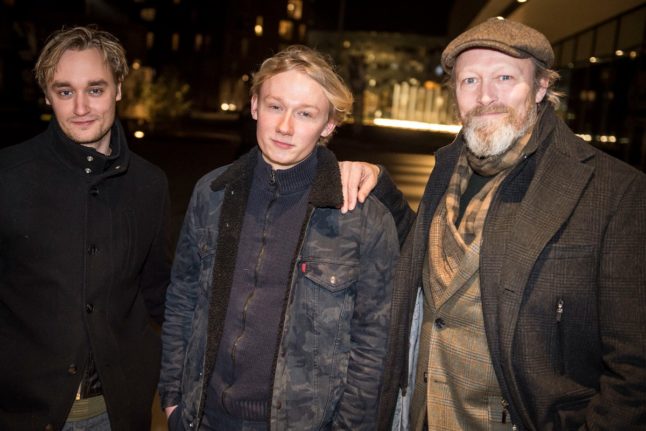
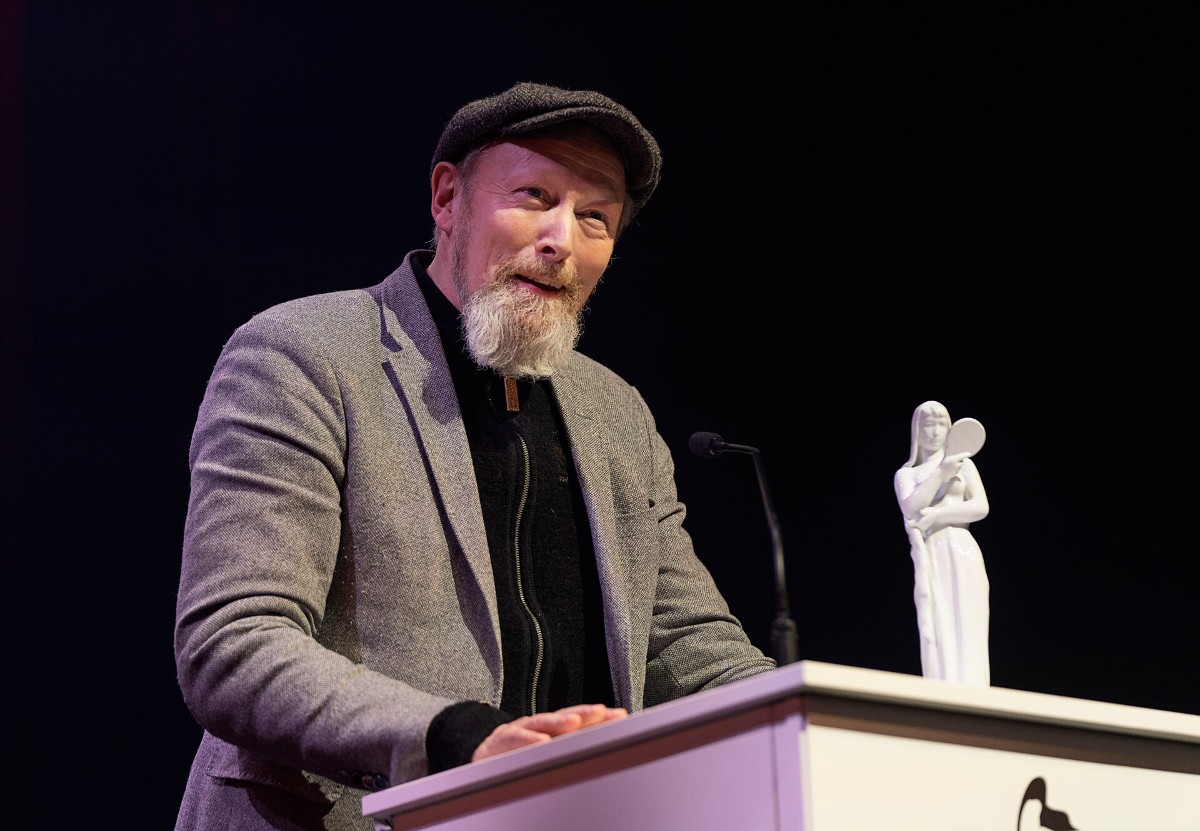
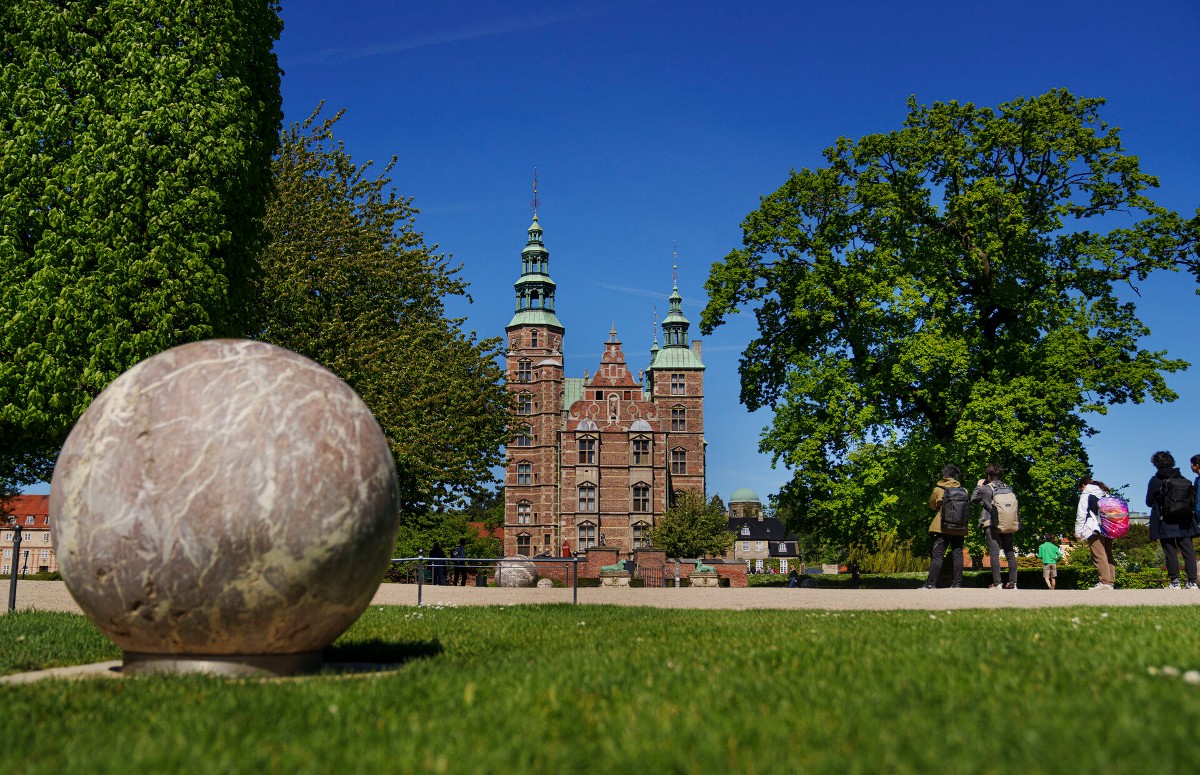

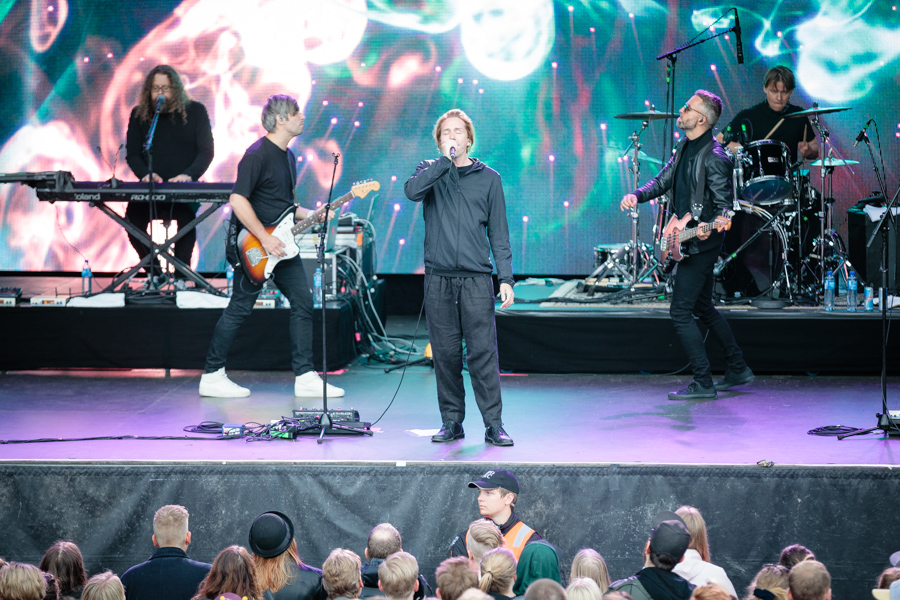

 Please whitelist us to continue reading.
Please whitelist us to continue reading.
Member comments